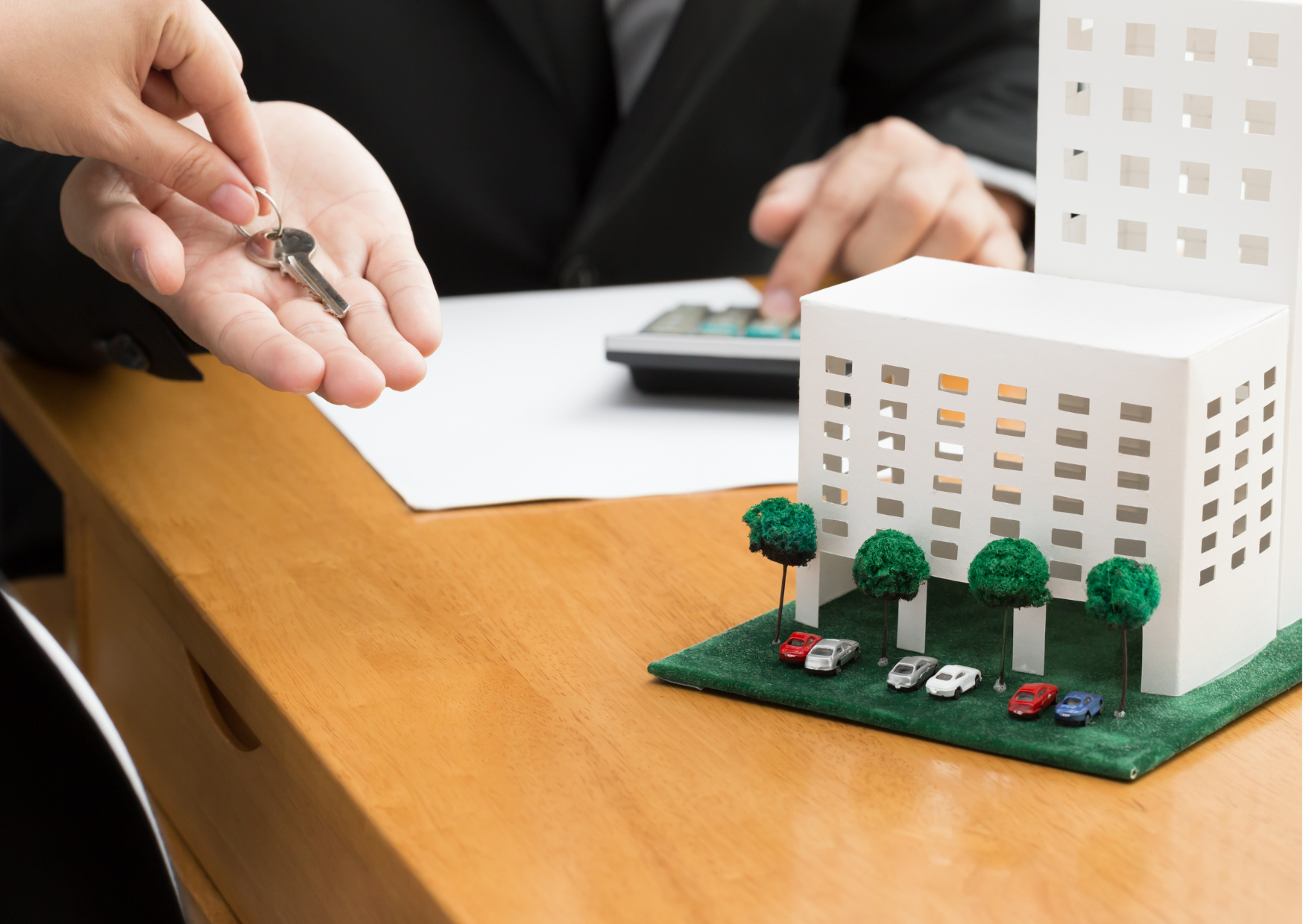One of the in-demand investment property nowadays are condominiums. Popular reasons to invest in condominiums include their affordability, less maintenance, amenities, location, and potential for passive income.
For people looking for a wise investment in real estate, condos can be a popular choice, especially for city dwellers where single-family houses may be more difficult to find or less inexpensive.
But before choosing a condo unit investment, it is crucial to thoroughly weigh the potential risks and rewards, and of course, the type of ownership should be considered, just as with any other investment property.
Why is it important to know the different types of condominium ownership?
Knowing the form of condo ownership impacts your financial commitments and your rights and responsibilities as an owner.
Several justifications for selecting the proper condominium ownership type:
1. Legal rights and obligations
Your legal rights and obligations as an owner may vary depending on the kind of ownership you select. For instance, if you choose a leasehold condominium, you may be subject to usage limitations and may need to pay rent to the proprietor. On the other hand, if you select a typical condominium, you will have more control over your property and own both your unit and a piece of the common facilities.
2. Maintenance and repairs
Your obligation to perform maintenance and repairs may vary depending on the kind of ownership. The condominium corporation may occasionally be in charge of common space upkeep and repairs, but occasionally, it may fall to individual unit owners to take care of both their own units and a section of the common areas.
3. Finances
Your ability to get finance for your unit may be impacted by the kind of ownership. Lenders may have particular requirements that must be met, and some types of condominium ownership may be harder to finance than others.
4. Value at sale
Lastly, the kind of ownership can affect the price at which your unit can be sold. Buyers could find some types of ownership more appealing than others, which could affect the price you can get when you sell your unit.
Overall, knowing what type of condominium ownership your developer offers is best to be taken into account.
Different Types of Condominium Ownership in the Philippines

Freehold vs. Leasehold Ownership
The property ownership structures for condominiums come in a variety of forms. So let’s find the main differences between these two common types of condo ownership in the Philippines, namely: Freehold and Leasehold Ownership.
What is a Condominium with a Freehold Ownership?
It is a form of condo ownership in which the owner has complete and exclusive ownership of their particular condo unit and a proportionate interest in the common spaces of the apartment buildings or condominium complex.
In Freehold ownership, it means that the condo owners, subject to rules and applicable regulations and condition, is free to inhabit, use, and sell their unit as they see fit. As long as it doesn’t affect the building’s structural integrity or the rights of other condo unit owners or violates the conditions prescribes in the Master Deed, they also have the right to make changes to their apartment, such as refurbishing the inside and exterior walls. Condominium freehold ownership grants the owner a part in the ownership of the building’s common amenities in addition to unit ownership.
Condominium freehold ownership grants the owner a share in the ownership of the common portions of the building, such as the lobby, hallways, elevators, and amenities like the swimming pool or gym, in addition to ownership. All condo unit owners jointly own these common areas, which are overseen by a condominium corporation or association, which is normally in charge of their upkeep and maintenance through a monthly HOA fee.
For those who wish to own property but also want the convenience and amenities of a bigger complex, condo freehold ownership is a popular option since it strikes a balance between individual ownership and shared responsibility for the common areas.
A Condominium Certificate is being issued to the Freehold Owner. The Condominium Act, which outlines the legal requirements for condominium developments and the rights and obligations of unit owners, governs the issue of CCT or condominium certificate of title in the Philippines. A key legal document that certifies ownership and safeguards the owner’s property rights is the condominium certificate of title.
What is Leasehold Ownership in a condominium?
It is a type of condo ownership in which the owner has the right to inhabit and use the unit for a predetermined amount of time normally a contract of a long term lease is being executed. For the privilege of occupying and using the unit, the leasehold owner in this type of ownership is normally liable for paying rent to the freehold owner. The lease agreement will normally outline all of the lease’s terms and conditions, including any limitations on the usage of the unit, upkeep requirements, and the length of the lease period.
This type of condo ownership is frequently used when the freehold owner of a building or piece of land wants to keep the ownership of the asset while still making money from it by leasing out the individual units.
It can also be applied in circumstances when a public organization, such as a government, owns the land where the building is located but leases the individual units to private people or businesses.
It’s significant to note that the rights and obligations of a leasehold owner may be different from those of a freehold owner or an owner of a freehold condominium. For instance, the leasehold owner may have fewer options to change the unit or less influence over how the building is run.
What is Perpetual Ownership in A Condominium?
There is another type of condo ownership in which the condo unit owner has limitless time to possess the unit, it is what we call PERPETUAL OWNERSHIP.
It refers to a type of ownership in which the unit owner has a complete control and an unbounded amount of time to possess the unit, according to the guidelines outlined in the condo’s Master Deed.
With this sort of ownership, there is no predetermined end date for the condo unit ownership; they are free to live in, use, and sell the unit as they see fit. This is distinct from Leasehold’s, in which the owner’s rights are constrained to the duration of the lease arrangement.
Perpetual ownership offers a measure of stability and security. The unit owner is still obligated to abide by the condo association’s or condominium corporation and may be charged condo fees or other charges to cover the cost of maintaining the communal spaces and shared facilities.
Can Non-Filipino citizens Purchase A Condo Unit?
According to the Philippine Condominium Act, foreigners and companies are only allowed to own up to 40% of the total units in a specific condominium project, with the remaining 60% belonging to Filipino residents or businesses.
You should be aware that the 40% restriction only applies to condominiums and not to other types of residential property, such as houses and lots. In the Philippines, foreigners often aren’t allowed to own land, but they can buy and own condominiums as long as they don’t go above the allowed amount
There may be limitations and procedures for foreign ownership of condominium units, such as obtaining government approvals and permits and meeting tax and other legal duties. In order to fully comprehend the laws and standards governing foreign ownership of real estate in the nation where they are interested in buying a condominium unit, prospective foreign purchasers should contact with legal and financial professionals.
In general, your capacity and goal will determine which sort of condominium ownership you choose. Following the rules and regulations is therefore essential for ensuring the long-term profitability of a condo investing and safeguarding both the investor and the community at large.




